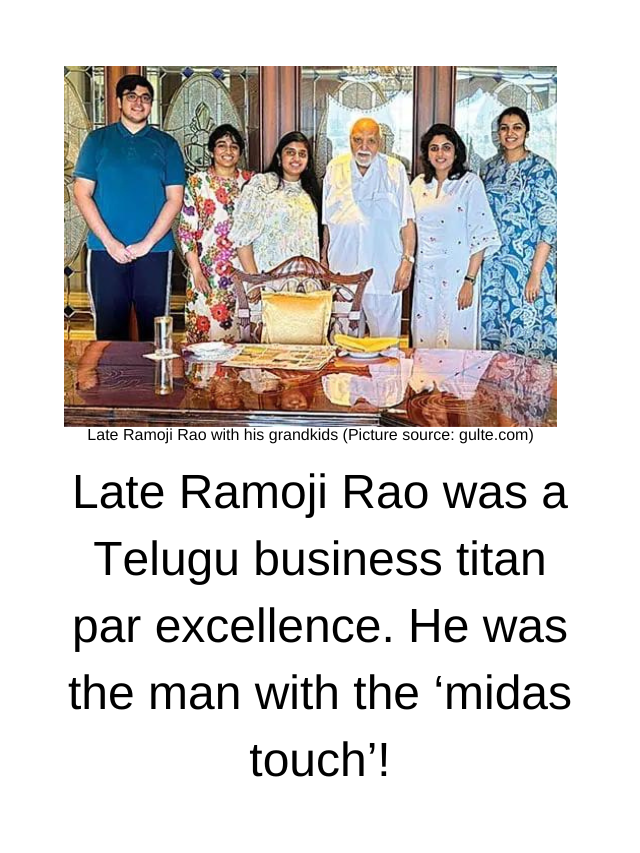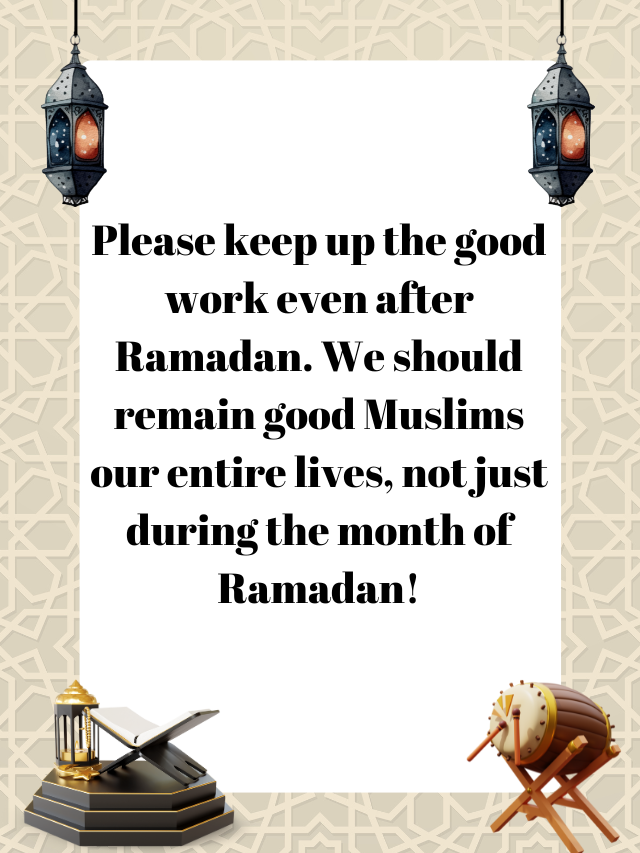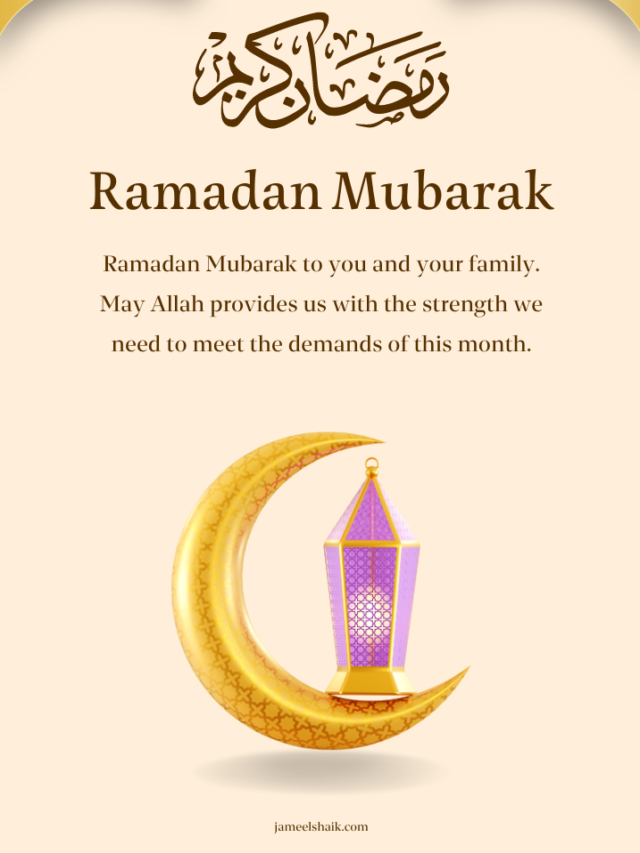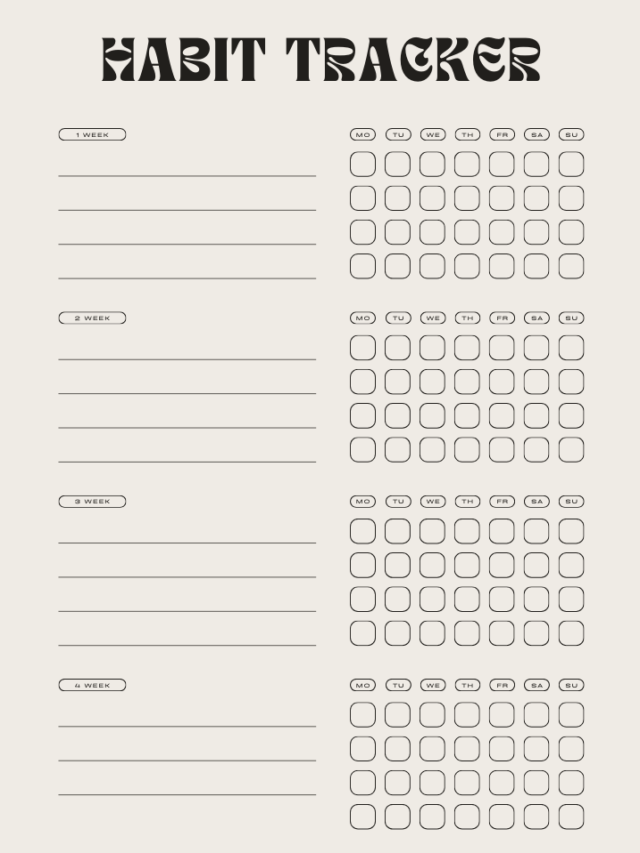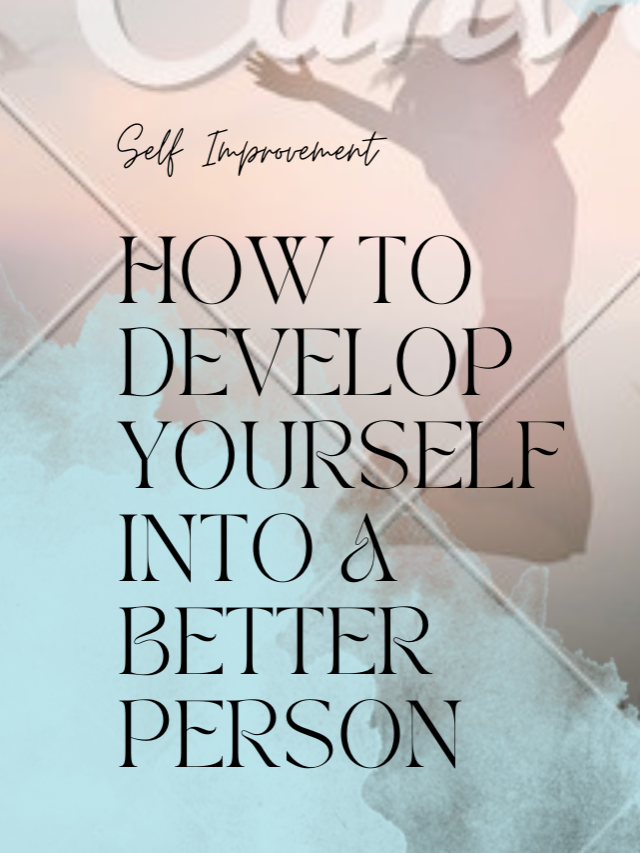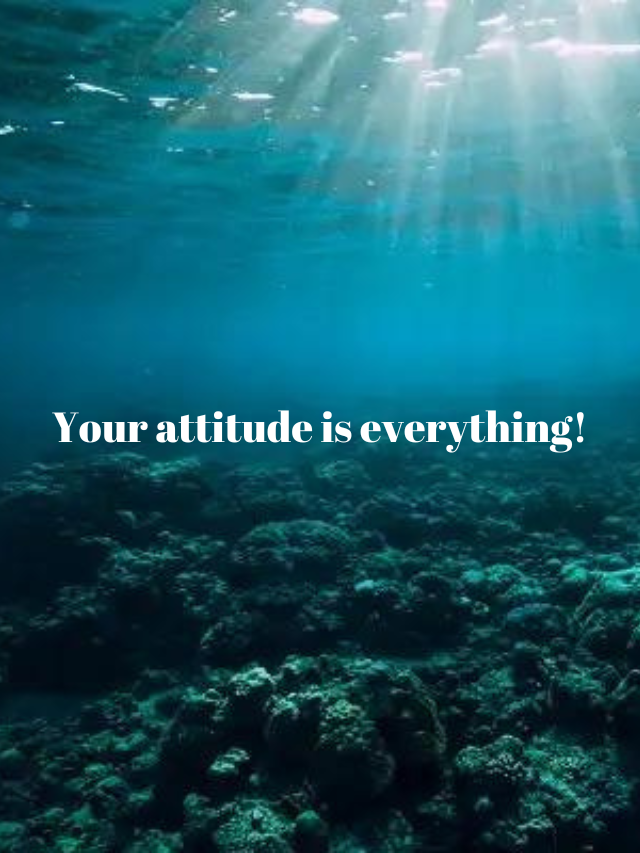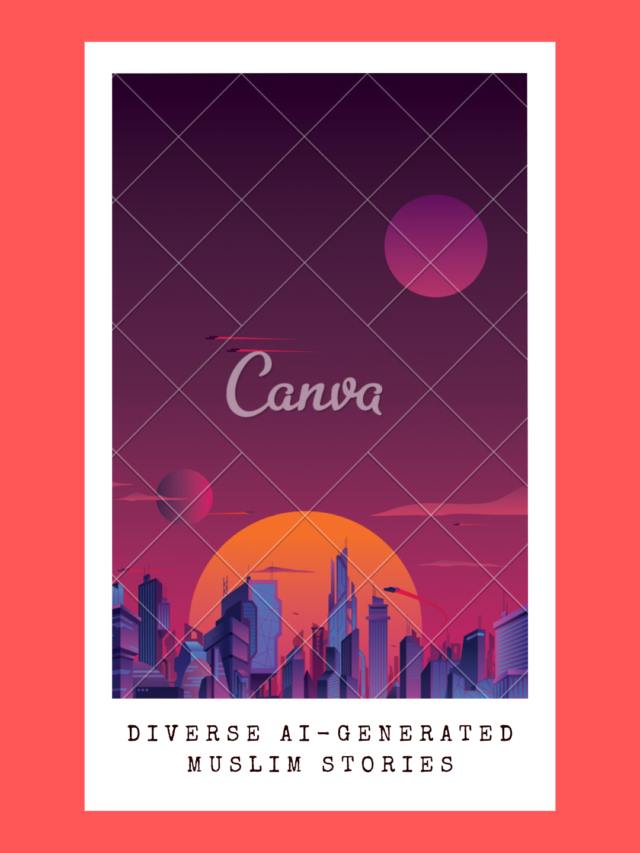With all the recent hype about artificial intelligence (AI), I thought why not try it out, just to wet the feet? I just typed in the prompts and voila, the stories were generated! The source was https://tools.picsart.com/. What follows below are the results – three flash fiction stories about Muslims in today’s modern world. Please let me know your thoughts about these. Thank you in advance.
Story Number One – A Journey of Tradition and Modernity
In the quaint town of Al-Burhan, nestled amidst rolling hills and ancient mosques, lived a man named Abdullah. Abdullah was a devout Muslim, deeply rooted in his traditions and customs. Raised in a conservative family, he adhered strictly to the teachings of the Quran and the Sunnah. However, as the world around him embraced modernity, he found himself grappling with a clash of values and the desire to find his place in a rapidly changing society.
Abdullah’s days were spent in the local mosque, where he found solace in the recitation of the holy verses. He immersed himself in the study of Islamic theology, eager to understand the timeless wisdom of his faith. But as the town transformed with bustling markets, towering buildings, and flashy advertisements, Abdullah’s faith began to waver.
One day, while lost in thought, Abdullah stumbled upon a bookstore that boasted a vast collection of knowledge from around the world. Curiosity overcame him as he stepped inside, his eyes widening at the sight of books on science, philosophy, and art. The shelves were an invitation to explore the world beyond his own. Gingerly picking up an astronomy book, Abdullah felt a mixture of trepidation and intrigue. The science written on the pages seemed contradictory to his religious beliefs, but he could not escape the pull of the stars and planets.
It was at that moment that Abdullah’s journey towards self-discovery began. Over time, Abdullah devoted himself to understanding the scientific wonders of the universe, one book at a time. He yearned to bridge the gap between his faith and the knowledge he acquired, seeking answers to the questions that arose within him. The more he learned, the more his perception of the world expanded.
Nevertheless, his newfound understanding was met with skepticism and criticism from his community. Many considered his pursuits a betrayal of their shared heritage, a departure from the firm foundation of tradition. But Abdullah refused to be bogged down by societal expectations. His quest for knowledge shaped him into a mature and compassionate individual, one who understood the value of his faith and the beauty of human progression.
As his studies continued, Abdullah discovered that the Quran offered room for interpretation and growth, encouraging Muslims to seek knowledge and contribute to society. He found solace in verses that highlighted the importance of intellect, critical thinking, and compassion towards others. These revelations allowed him to reconcile his traditional beliefs with the ever-evolving world.
With his newfound outlook, Abdullah began engaging in dialogues with fellow Muslims and scholars, sharing his experiences and insights. He practiced what he had learned, becoming an advocate for education and bridging the gap between tradition and modernity. His community, initially skeptical, slowly came to appreciate the unique perspective he offered.
Abdullah’s journey was not without its challenges. It required immense courage to step outside the comfort of tradition and blaze a trail toward a harmonious coexistence of faith and progress. But through his resilience and unwavering belief in his abilities, he became a beacon of hope and inspiration for those who were grappling with similar dilemmas. Today, Abdullah continues to reside in Al-Burhan, and his presence felt as a catalyst for positive change. His story serves as a reminder that traditions can be preserved and celebrated, while simultaneously embracing the opportunities and advancements of the modern world. Abdullah’s journey proves that deep-rooted faith and a quest for knowledge can coexist, leading to a more inclusive and enlightened society.
Story Number Two – The Struggle between Halaal vs. Haraam
Once upon a time, in a bustling city, there lived a traditional Muslim named Ali. He was deeply rooted in his faith and always strived to follow the teachings of Islam with sincerity and devotion. However, as he stepped into the modern world, Ali faced a unique challenge – earning a living by strictly abiding by the principles of Halaal and Haraam.
Ali had completed his education and was determined to find a job that aligned with his beliefs. He spent days researching, seeking advice from scholars, and reaching out to various organizations. Finally, he found an opportunity to work as a consultant in a multinational company.
On his first day, Ali was introduced to his colleagues who came from diverse backgrounds. He quickly realized that the company operated in an industry where the line between Halaal and Haraam was often blurred. Many of his colleagues engaged in practices that went against Ali’s beliefs, such as consuming alcohol and eating non-Halaal food during office lunches.
Ali was faced with a difficult decision – should he compromise his principles or find a way to navigate this modern workplace while staying true to his faith? He turned to his faith for guidance and sought the wisdom of Islamic scholars who emphasized the importance of staying strong in the face of adversity.
With renewed determination, Ali approached his manager and explained his concerns. To his surprise, his manager admired his commitment and assured him that the company respected individuals’ religious beliefs and would make accommodations for him. Ali’s colleagues, initially skeptical and unaware of his predicament, were curious about his unique approach.
Ali began to organize workshops during lunch breaks, where he educated his colleagues about the principles of Halaal and Haraam. He highlighted the importance of making ethical choices, not just for religious reasons but also for a greater sense of personal integrity. As time went on, Ali’s colleagues became more understanding and supportive of his choices. Some even started exploring the idea of adopting Halaal practices in their own lives.
The office canteen made changes in their food options, ensuring there were Halaal alternatives available to cater to everyone’s needs. Ali’s reputation grew not only as a dedicated employee but also as a person of strong character, spreading his message of ethical living beyond the boundaries of the company. People started seeking his guidance on various matters related to ethics and faith.
One day, Ali received an unexpected offer from a renowned Islamic organization seeking someone with his unique skillset. It was an opportunity to merge his faith with his professional life completely. After considering it carefully, Ali accepted the offer, realizing that his journey had taken him to a place where he could have an even greater impact on society.
As Ali started his new role, he continued to inspire others. He helped individuals reconcile their faith with the challenges of the modern world, fostering a sense of unity and understanding among diverse communities.
Ali’s story spread far and wide, with many traditional Muslims seeing him as a role model. He proved that it was possible to navigate the modern world while staying true to one’s faith and that Halaal choices could be made in any profession and industry. With his unwavering commitment and the light of his strong faith, Ali became a beacon of hope and inspiration, reminding people that Islam is not just a religion of the past but a guiding light for the present and the future.
Story Number Three – The dilemma of a traditional Muslim girl in this modern world
Once upon a time, in a small village nestled in the heart of a country, there lived a young Muslim girl named Ayesha. Ayesha was raised in a family deeply rooted in their traditional Islamic values and teachings. From an early age, her parents instilled in her the importance of both Islamic education and traditional academic learning.
Ayesha’s dream was to pursue both paths, but she faced a multitude of challenges. In her village, the traditional education system was vastly different from the teachings of the Islamic faith. While her parents supported her dreams wholeheartedly, the community was less accepting. They believed that as a girl, Ayesha’s place was confined to the boundaries of her home, rather than venturing into the realm of education.
Determined to overcome these obstacles, Ayesha embarked on a journey toward achieving her aspirations. In the morning, she would wake up early, offer her prayers, and immerse herself in the study of the Quran and the teachings of Islam. Her knowledge grew day by day, nourishing her heart and soul. In the afternoons, Ayesha would attend the local school, where she faced the scrutiny and prejudice of her peers. They questioned her decision to embrace both Islamic and traditional education, oftentimes mocking her dedication to her faith.
Despite the hardships and ridicule, Ayesha remained strong, staying true to her beliefs and enduring with grace. One day, news spread throughout the village about an inter-school debate competition. Ayesha’s heart raced with excitement. She saw this as an opportunity to prove that Islam not only encourages education but also nurtures intellect and critical thinking. Ayesha approached her teacher, Mr. Ahmed, and explained her desire to take part in the competition. Mr. Ahmed recognized her determination and offered guidance and support. He saw the potential in Ayesha and believed her participation would be a shining example of the harmony between Islamic education and traditional learning.
Over weeks, Ayesha meticulously studied the topics for the debate, giving equal attention to her Islamic studies. She balanced her time wisely, carving out moments to delve into her faith while excelling in her academics. Though it was challenging, Ayesha found solace in the belief that her efforts would reap rewards in this life and the hereafter. Finally, the day of the inter-school debate arrived. Ayesha stood on the stage, confident and poised. Her opponent, a non-Muslim student, presented her arguments eloquently. When it was Ayesha’s turn, she seamlessly intertwined her understanding of Islam with the topic at hand, backing up her stance with logic and Quranic references.
The audience was captivated by Ayesha’s profound wisdom, and her ability to merge two seemingly contrasting worlds. She was hailed for her knowledge, exemplary character, and dedication. Ayesha’s triumph broke down the barriers of prejudice and misconception, inspiring others to embrace the richness of Islamic education.
From that day forward, Ayesha became a beacon of hope and inspiration for many in her community. She proved that a traditional Muslim girl could achieve both Islamic education and traditional academic excellence without compromising her character and integrity. With her unwavering faith, Ayesha shattered the stereotypes that bound her community and paved the way for countless young girls to strive for knowledge, regardless of their gender or religious background. Her story echoed through the generations, teaching the world that true education encompasses the heart, the mind, and the soul.
